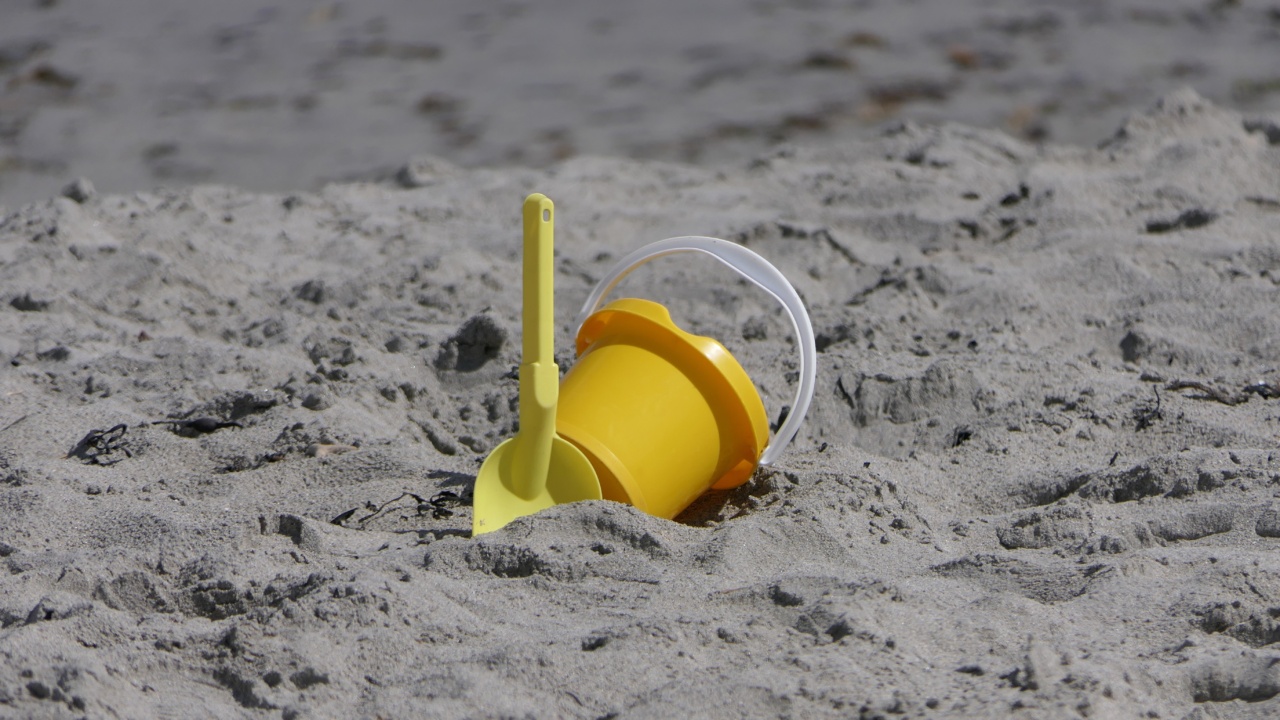Urinary tract infections (UTIs) are quite common among women. In fact, about 50-60% of women will experience at least one UTI in their lifetime. Recurrent UTIs, however, are a much bigger problem, affecting 20 percent of women who’ve had one UTI.
Recurrent UTIs are not only painful but can lead to complications, such as kidney damage, if left untreated. Therefore, it’s important to know the causes of recurrent UTIs so that you can take preventive measures.
What is a UTI?
The urinary tract comprises of the bladder, kidneys, ureters, and urethra. A urinary tract infection occurs when bacteria, typically E. coli, enters the urethra and travels up to the bladder, and in some cases, to the kidneys.
UTIs can be painful and cause frequent and painful urination.
Causes of Recurrent UTIs
There are several factors that can contribute to recurrent UTIs in women. Some of these factors include:.
1. Anatomy
Women are more prone to UTIs than men, and one reason may be their anatomy. Women have a shorter urethra than men do, which means bacteria have a shorter distance to travel to get into the bladder.
2. Sexual Activity
Sexual intercourse can push bacteria into the urethra, which can increase the risk of developing a UTI.
This is why UTIs are sometimes referred to as “honeymoon cystitis.” Women who are sexually active are at higher risk of getting a UTI than those who are not.
3. Birth Control
Women who use diaphragms for birth control or spermicidal agents are at higher risk of developing UTIs. These methods of birth control can change vaginal bacteria, which can lead to an overgrowth of bacteria that cause UTIs.
4. Menopause
The decline in estrogen that women experience after menopause can lead to changes in the urinary tract that make it more susceptible to UTIs. Menopausal women should discuss preventive measures with their healthcare provider.
5. Antibiotic Resistance
Bacteria can become resistant to antibiotics, which makes it more difficult to treat UTIs.
If you’ve had multiple UTIs and have used antibiotics frequently, it’s possible that the bacteria causing your UTIs are becoming resistant to the antibiotics.
6. Personal Hygiene Habits
Wiping from back to front after using the bathroom can increase the risk of UTIs as it can introduce bacteria into the urethra. Additionally, wearing tight-fitting clothing and not changing out of sweaty gym clothes can also increase the risk of UTIs.
7. Immune System
Having a weakened immune system, such as from conditions like diabetes or from certain medications, can make it tougher for the body to fight off UTIs.
8. Dehydration
Not drinking enough fluids can lead to concentrated urine, which can irritate the bladder and urinary tract, leading to UTIs.
9. Urinary Catheters
Urinary catheters can introduce bacteria into the bladder and urinary tract, leading to UTIs. If you must use a catheter, it’s important to keep it clean and discuss preventive measures with your healthcare provider.
10. Genetics
Genetic factors may also contribute to recurrent UTIs, particularly if a family member has a history of UTIs.
Preventing Recurrent UTIs
If you’ve had multiple UTIs, it’s important to take preventive measures. Some strategies include:.
1. Stay Hydrated
Drink enough water and other fluids to flush out bacteria from the urinary tract.
2. Wipe from Front to Back
Wiping from front to back can help to prevent bacteria from entering the urethra.
3. Urinate After Sex
Urinating after sex can help to flush out bacteria from the urinary tract.
4. Avoid Irritants
Avoiding irritants, such as bubble baths, scented powders, and douches, can help to prevent UTIs.
5. Wear Comfortable Clothing
Wear comfortable clothing that isn’t too tight as it can trap moisture, leading to bacterial growth.
Conclusion
Recurrent UTIs are painful and can lead to complications, such as kidney damage. Therefore, it’s important to be aware of the causes and take preventive measures.
Staying hydrated, wiping from front to back, urinating after sex, avoiding irritants, and wearing comfortable clothing are all ways to reduce the risk of recurrent UTIs.































